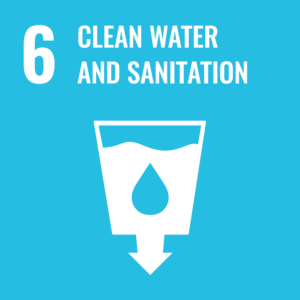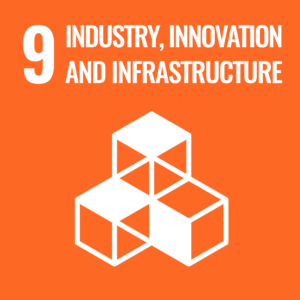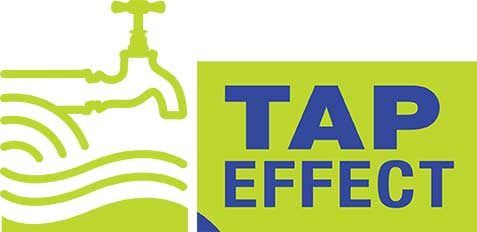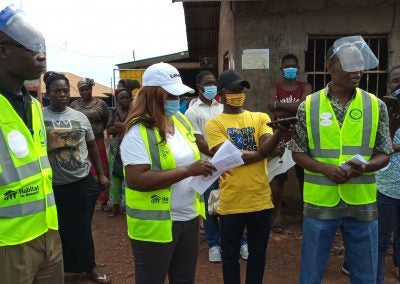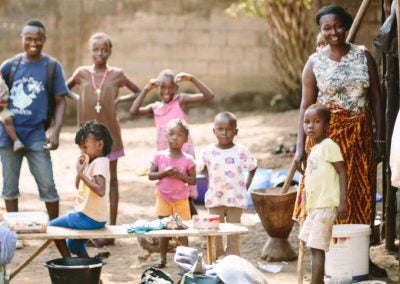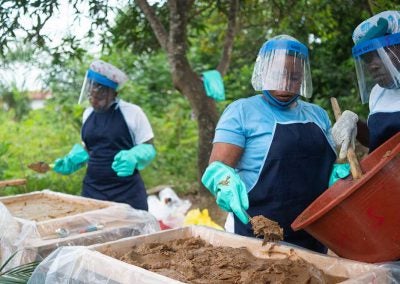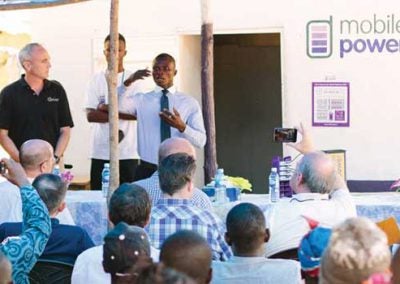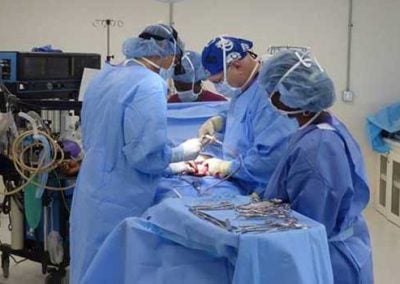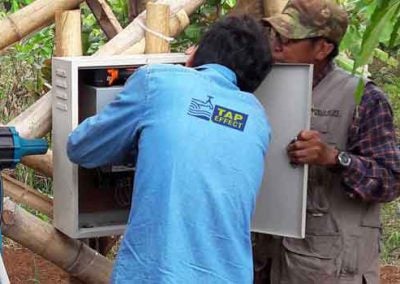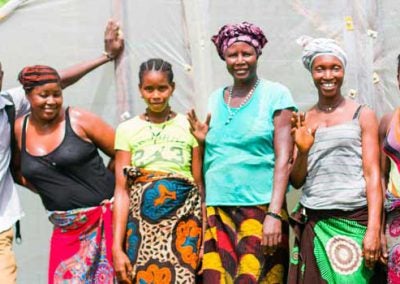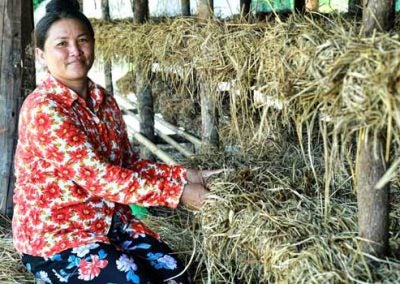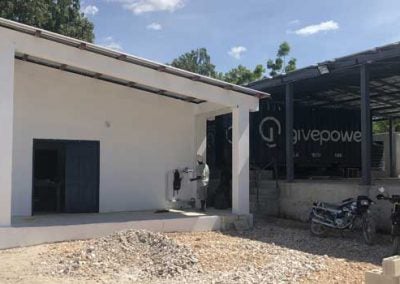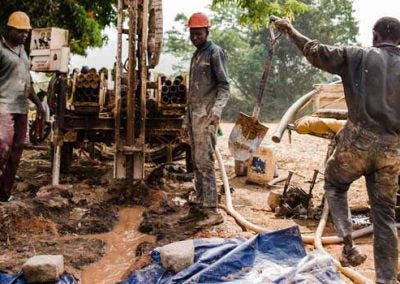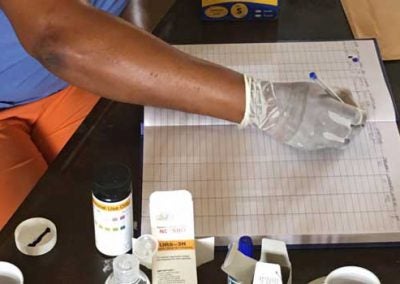TapEffect
TapEffect offers a market-based solution for households in rural Cambodia to have access to clean, piped water. As a result, women—upon whom the majority of the clean water burden falls—can have clean water piped into their homes for drinking, washing, gardening, and more.
Resources
- Global Water Intelligence Article
- Geeks in Cambodia Article
- Pioneer Facilities
- Pioneer Facility raises an additional half-million dollars for clean energy and water access in Southeast Asia
- Habitat’s ShelterTech names 10 startups in its newest accelerator in Southeast Asia
- 2020 Trailblazers
- Blogs
- More Information
Affordable, accessible, clean, piped water.
2.1 billion people worldwide don’t have clean water at the household level, according to the World Health Organization. Many rural and semi-urban communities are not receiving piped water networks because of the high costs of building piped water systems. Without clean water at all, these communities are stuck in the poverty trap – they cannot maintain good health and nutrition levels for work, education and play.
Across many communities in Cambodia, families are already paying $50-100 per year to access water trucked in from dirty and dangerous sources such as rivers and ponds. But what if they could pay an affordable rate for water that is safe and clean–and tapped right to their homes?
That is exactly the solution posed through TapEffect, a World Hope social venture designed alongside these communities to provide a tailored, sustainable, and life-changing clean water solution.
TapEffect seeks to tackle the lack of safe water access in Cambodia by implementing and operating a portfolio of piped water systems in rural and semi-rural areas. These areas are typically prone to climate change impacts and are also where logistical, technological, and financial constraints make it challenging for communities to otherwise access clean water.
Project Goals
- Establish direct access to safe and affordable tap water (SDG6)
Expected Outcomes
- Improved health and prosperity for communities as a result of access to clean water
- 1 Million people connected to tap water by 2030
- Clean water in the house for over 10,000 people
houses installed with TapEffect
SUPPLY & DEMAND
TapEffect operates with a vertical focus to holistically work with all stages of the supply chain and increase efficiency of delivery
SUSTAINABLE MODEL
TapEffect is a sustainable model with a strong focus on professional maintenance and operations
CENTRALIZED SYSTEM
TapEffect uses a centralised coordination system which helps it use information gathered from across the country and streamline processes
STANDARD OPERATING
TapEffect also uses a standard operating model for deployment and operation of new water systems (engineering, water safety plans, training, business plans)
STRONG LEADERSHIP
TapEffect has a professional board of directors as well as a team for strong governance and implementation
How It Works
The TapEffect process starts with a centralized piped water system that connects villages. Pumps and piping equipment are now more durable and advanced than ever before, which results in low startup costs.
Source water is pumped from a river and treated through a multi-stage process to meet the national drinking water standard. Chlorine levels and monthly water samples are tested at the lab. From there, the treated water is then pumped to households.
Meters are used to calculate household water consumption. Current mobile technology like smartphones and advances in coverage have made remote support and the transfer of data possible.
Each system supports 1,000 – 10,000 households and each household only pays an initial connection fee of $40-$70 and an average water bill of $50 per year. This is five times less than the average cost of trucking in dirty water that many communties currrently pay–and a 100 percent increase in clean water quality.
Once the system is established, an operator maintains the system on a day-to-day basis; households pay a monthly water bill that is calculated using mobile technology; a cashier collects the monthly payments; and the head office provides overall management and support–and the montlhy cycle begins again.

